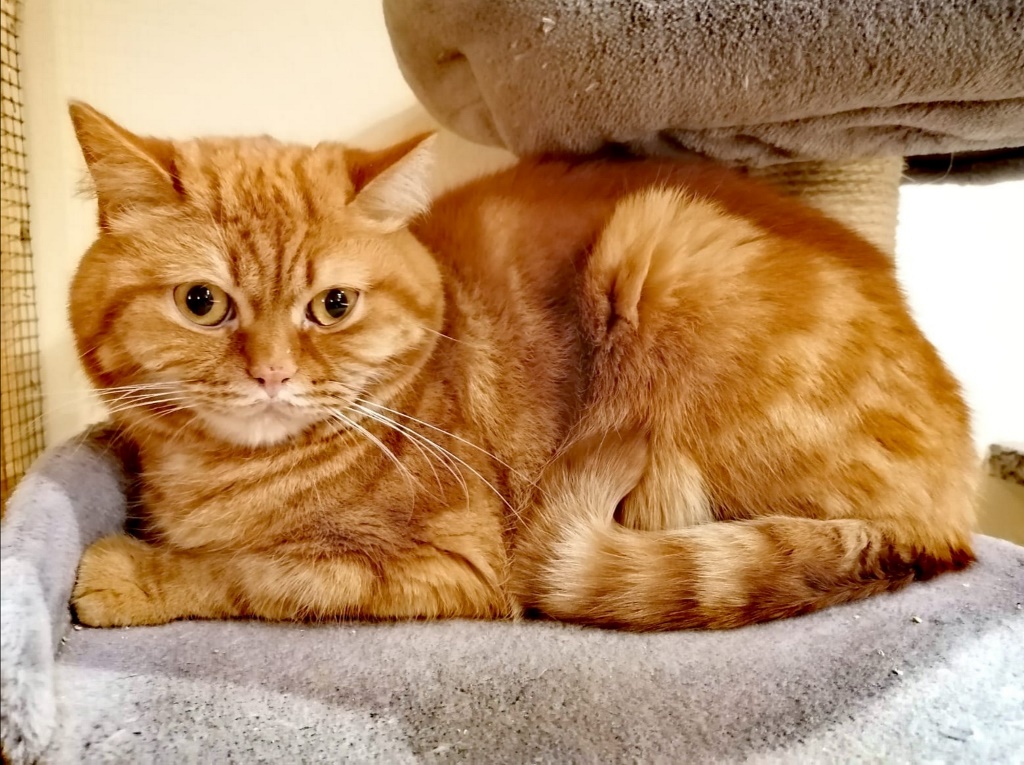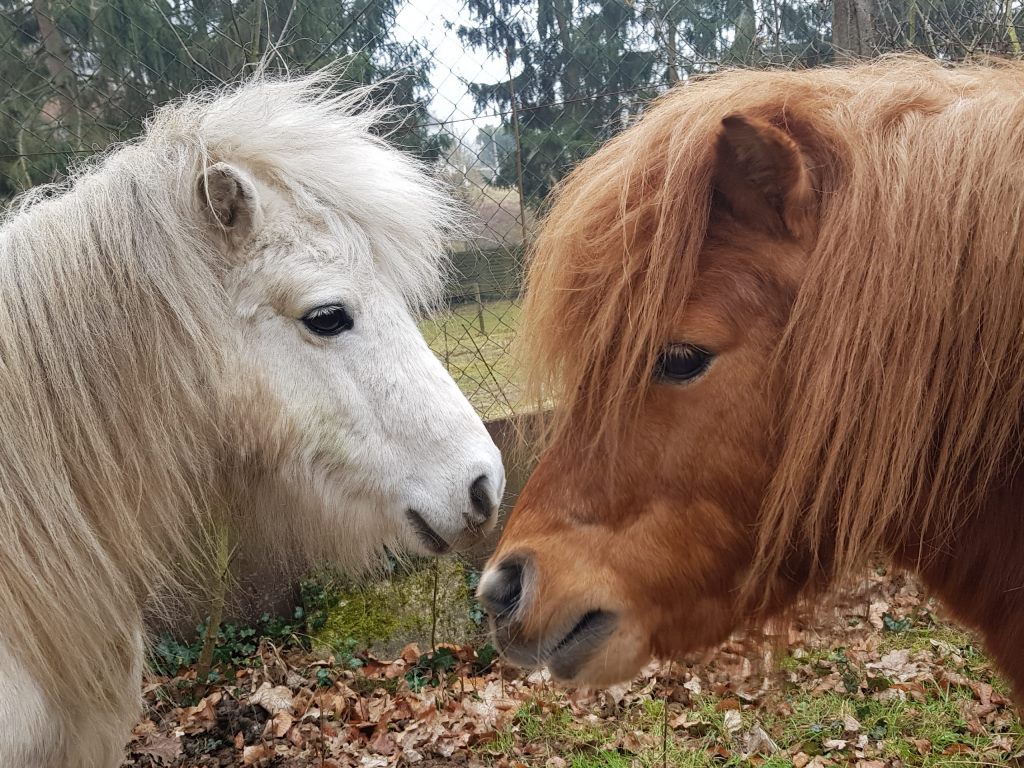Support of the animal rescue station animal protection Siebengebirge of the non-profit association animal, nature and species protection Siebengebirge e.V.
Not only animals in far-away countries urgently need the attention of humans and their help, but also with us in Germany animals have this right. How often is it the case that animals are acquired in families, which are then abandoned on a roadside or in the forest. Too inconvenient, too much work or nevertheless too high costs drive the owners to this step. In order to offer these creatures a possibility of survival, we at Voice Aid support the animal rescue station in Bad Honnef in the Rhein-Sieg district.
The animal, nature and species protection Siebengebirge e.V. located there takes care of found and surrendered animals, takes in animals that are separated from their owners due to special situations and pays attention to the placement in appropriate families. In addition, the association gives advice in all areas of animal husbandry, in order to provide the animals in the families with a proper and species-appropriate attitude and accommodation.
Annually, the association devotedly cares for up to 500 animals (dogs, cats, horses, rabbits, guinea pigs, birds and turtles).
Nature and species conservation - raising people's awareness
The animal, nature and species protection Siebengebirge e.V., which we would like to support as Voice Aid, not only cares for its protégés in the area of animal protection, but is also active in nature and species protection.
With a nature garden for children with plant identification and insect lore, the association already wants to sensitize the younger generations and bring them on the right path. A natural pond for fish, amphibians and insects is also available. In addition, the association focuses on perennials and herb beds for wild bees and butterflies. Nesting and feeding areas have been set up to support native bird species.
We would like to support this dedication of the association and also actively help in our own country to preserve biodiversity and strengthen animal protection.



